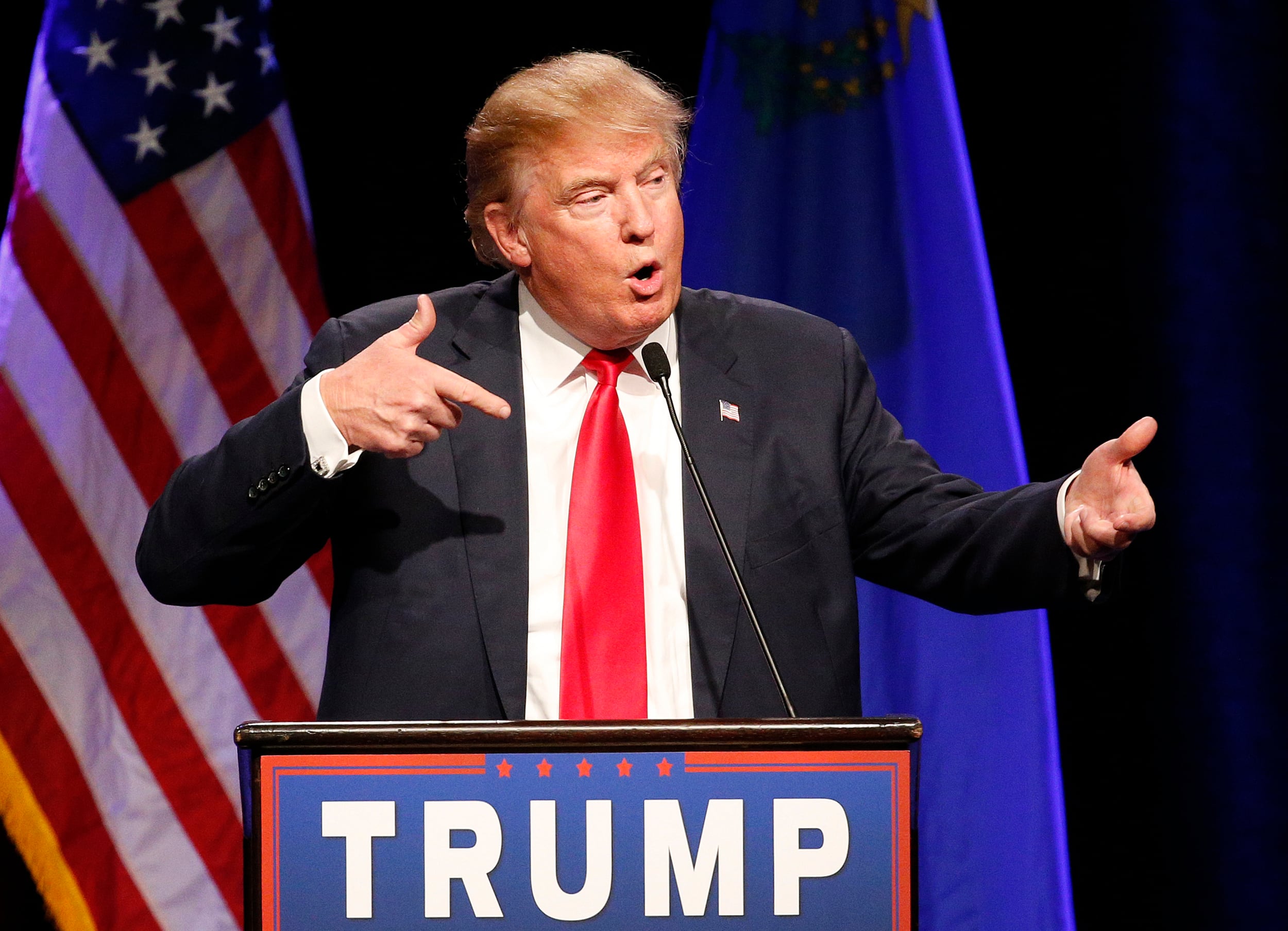For years, top U.S. military officials have complained that the Obama White House micromanaged the armed forces.
President Obama often personally approved individual airstrikes. His National Security Council authorized small deployments of a few dozen troops. Pentagon recommendations stalled as the White House debated them.
With Donald Trump's ascendancy to commander in chief, many Defense Department officials are optimistic those days are over.
"Let's hope so," one military officer said Wednesday.
Some observers say the president-elect's business background will bring a shift to the White House's management style, allowing for the Pentagon to make more decisions independently about the execution of military strategies and policies.
"There will be a natural inclination to shift day-to-day decision-making back to the generals ... with Trump simply setting the basic philosophy," said Michael Rubin, a former Pentagon official who is now a scholar at the American Enterprise Institute.
But there are plenty of reasons to believe Trump's White House will continue Obama's pattern of heavy-handed management.
"It could get worse," said another military officer, who was among several who talked to Military Times and speculated about the future Trump administration Wednesday on condition of anonymity.
Trump has signaled some intent to second-guess military leadership. Last year, for instance, he said of the Islamic State group "I know more about ISIS than the generals do, believe me." And some experts say that, during the campaign to be president, the business mogul revealed important insights about his management style. Turnover among his top advisers was common, and Trump often ignored recommendations from those closest to him.
"He’s micromanaged everything. He disregards the advice of the people working for him, and he makes the final decision himself. So it's hard to think that he would change that style," said Larry Korb, a defense expert with the Center for American Progress, a think tank in Washington.
As an executive, Trump was often eager to stay involved in the day-to-day operations of his businesses, according to a biographer. He "didn’t surrender any actual power. He signed checks, read documents, interrogated everyone about assignments and did not hesitate to call the people they were calling," wrote Gwenda Blair, author of "The Trumps," a book about his family published in 2000.
If Trump and his administration do seek involvement in the smaller details of military operations and policies, he would be continuing a trend that has persisted for years — one that's frustrated military leaders. The National Security Council, the White House’s civilian-led inner circle responsible for coordinating national security policy across the government, grew from about 100 staffers under President George W. Bush in the 2001 to more than 400 under Obama.
One of Trump's military advisers during the campaign, Republican Congressman Randy Forbes of Virginia, told Defense News in late Octoberthat as commander in chief, Trump will make clear early in his presidency that "we are going to have an international defense strategy driven by the Pentagon and not by the political National Security Council." That will be "a clear game changer," said Forbes, who chairs the House Seapower Subcommittee.
"Because if you look around the globe, over the last eight years, the National Security Council has been writing that," he added. "And find one country anywhere that we are better off than we were eight years ago, you cannot find it."
The Pentagon often has complained about Obama's aggressive oversight. His first defense secretary, Robert Gates, once said that the White House micromanaged himto the point it "drove me crazy." One military official who spoke to Military Times said such an approach erodes accountability, that removing control over key decisions makes it more difficult to hold senior military leaders responsible for poor performance.
Ultimately, Trump may be unable to micromanage the Pentagon even if he wanted to because it will take substantial time for him to get a full team in place. His campaign-trail promises to not rely on Washington insiders will make it challenging to find top national security advisers and obtain proper security clearances for them.
"I suspect," Rubin said, "we're looking at perhaps 18 to 24 months before he has his whole team in place. That means he'll have to rely on a bureaucracy which is overwhelmingly hostile to him, and that could mean more gridlock."
Tilghman is Military Times' Pentagon bureau chief. With additional reporting by Christopher P. Cavas and Joe Gould of Defense News.
Andrew Tilghman is the executive editor for Military Times. He is a former Military Times Pentagon reporter and served as a Middle East correspondent for the Stars and Stripes. Before covering the military, he worked as a reporter for the Houston Chronicle in Texas, the Albany Times Union in New York and The Associated Press in Milwaukee.




